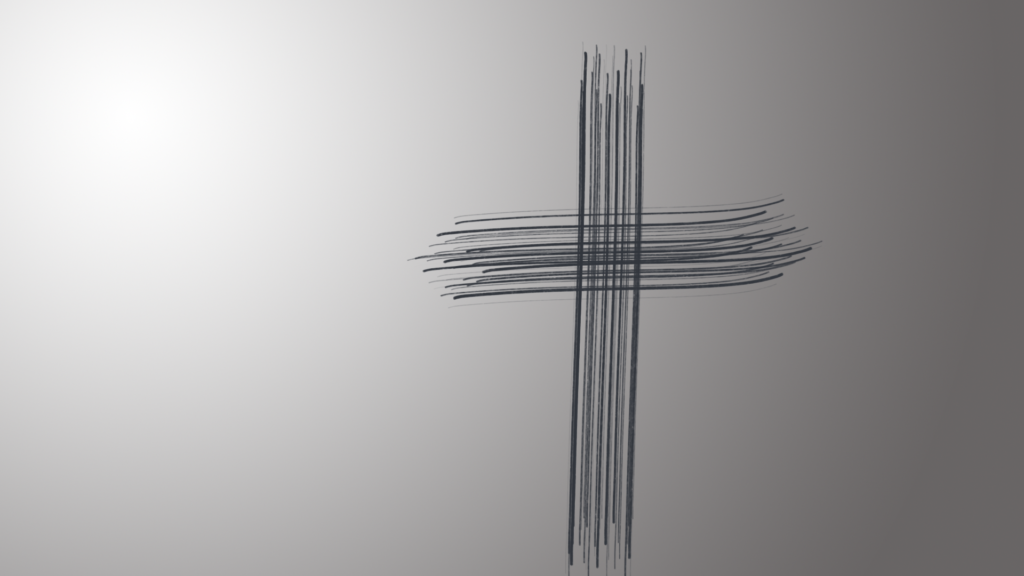


"Just not something this particular church has chosen to do."

"No, it's a Christian thing," I answered. "Isn't that a Catholic thing?" they asked. Some years back I talked the worship committee of the church I was newly serving as its pastor into having an Ash Wednesday service. “Confession,” the old saying goes, “is good for the soul.” Increasingly, it is something else as well: counter-cultural. A day for looking directly at what we most avoid most of the time, both our mortality and our endless capacity for self-deception and self-justification. On Ash Wednesday, we don’t blame the parents, the politicians, or the people, we consider our own part in the wreck of things. On Ash Wednesday we don’t point to the failures of others, we take a hard look at our own. If Ash Wednesday bucks our “Forever Young,” nip-and-tuck culture, it also challenges a culture that is fluent in the language of complaint and blame, but short on the language of responsibility. Ash Wedneday, our faithful servant, appears once again with its annual reminder of our own mortality.īut it is more. It begins with a long confession of sin, proceeds to the “imposition” of ashes, accompanied by the words, “Remember you are dust and to dust you shall return.” Or, an option, “Turn away from your sins and believe the good news.”Īlexander the Great had a servant whose primary job was to say daily to Alexander, “My Lord, you too shall die.” Apparently Alexander understood that the powerful are apt to ignore the limits of their power and to forget their own mortality. Believers mark the beginning of the Lenten season (so named for the middle English word for lengthening of days in the spring) by having the sign of the cross smudged onto their foreheads in ashes made by burning the palms from last year’s Palm Sunday services.įor those who want their religion upbeat and cheerful, Ash Wednesday may be a day to stay home. Wednesday this week is, for Christians, Ash Wednesday, surely one of the oddest of religious festivals.


 0 kommentar(er)
0 kommentar(er)
